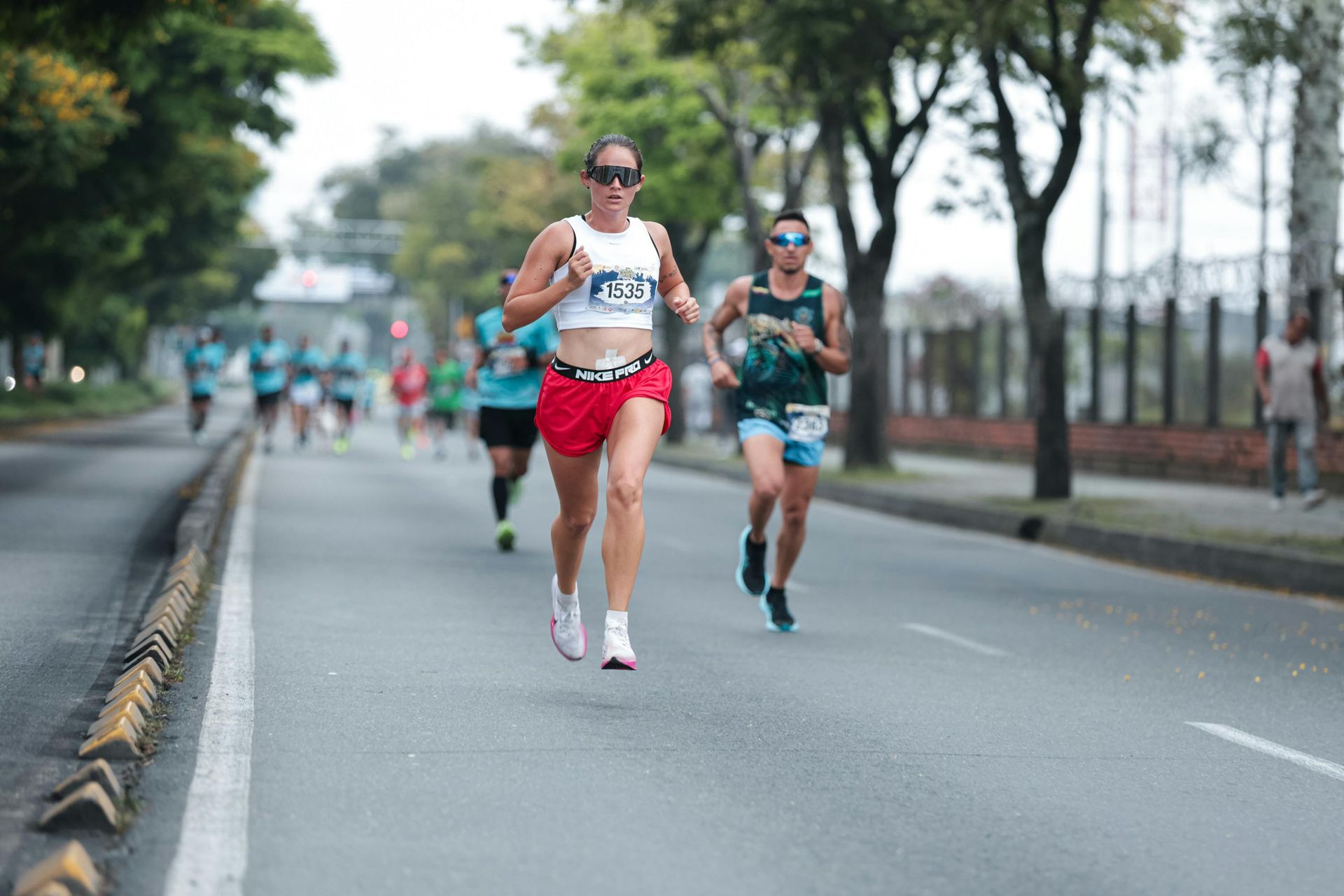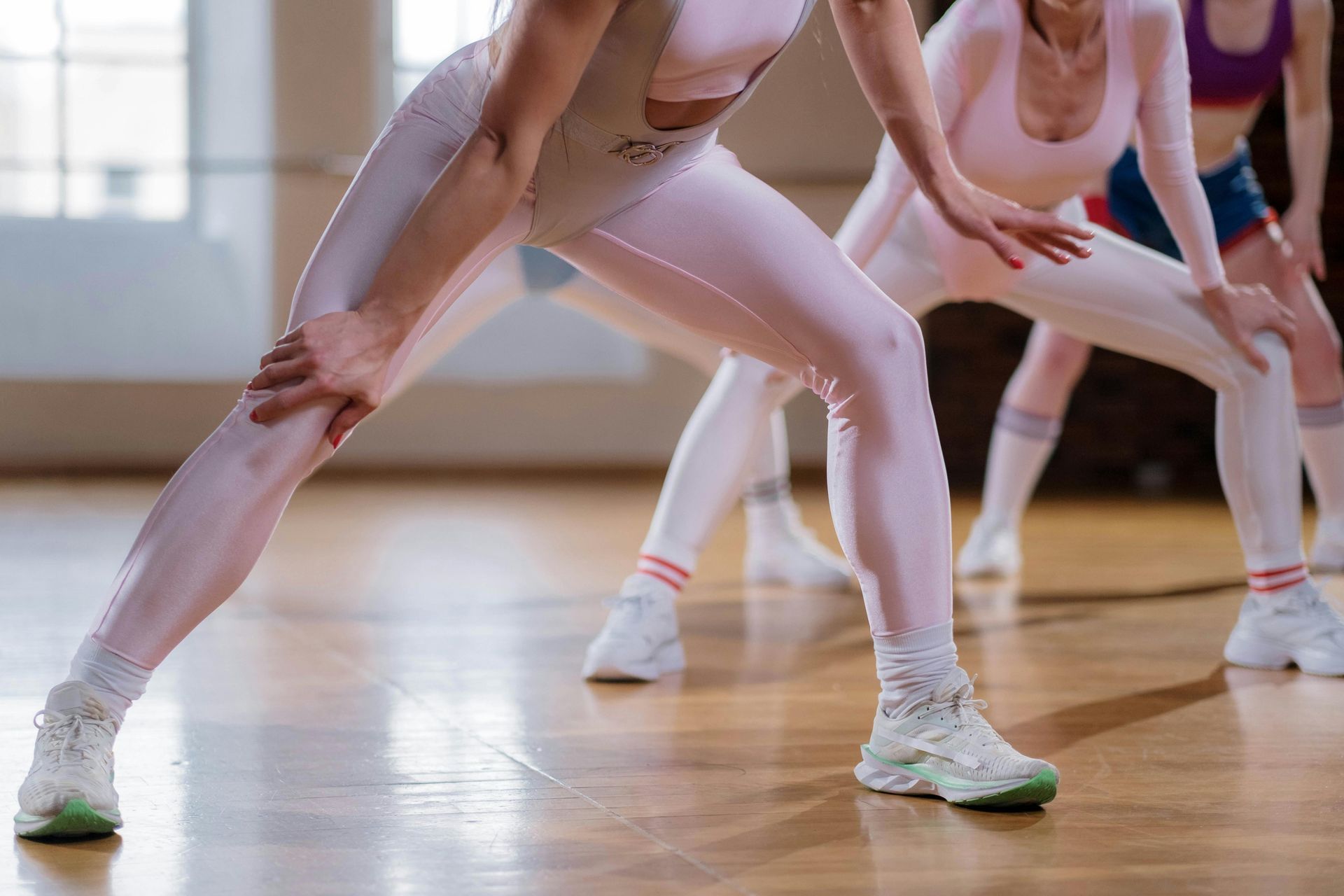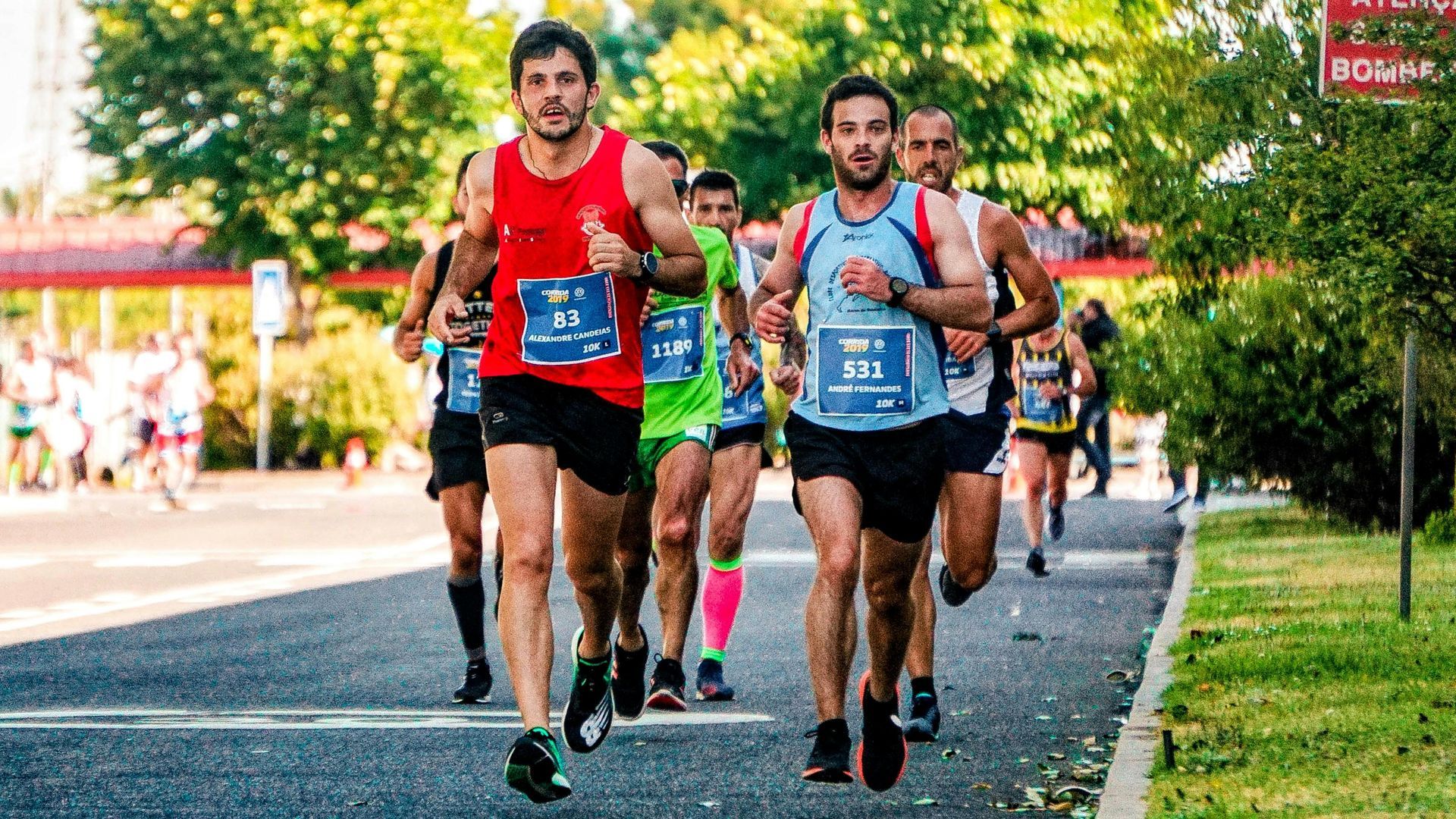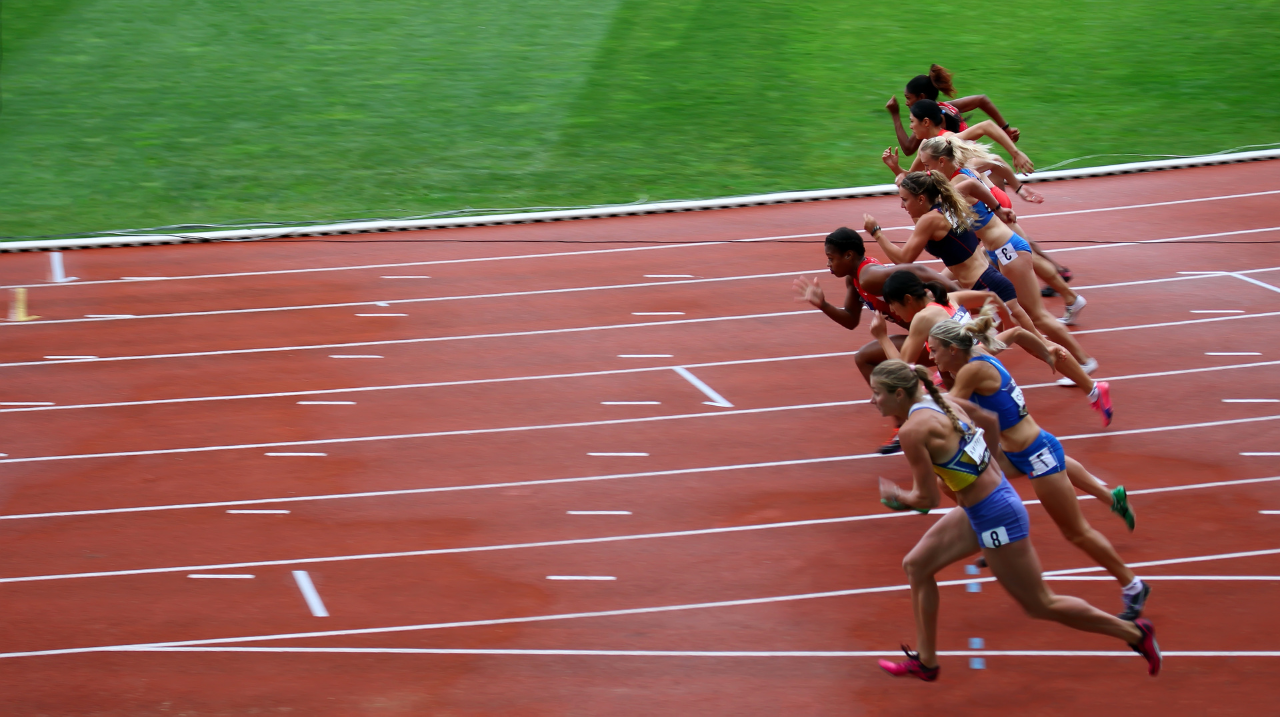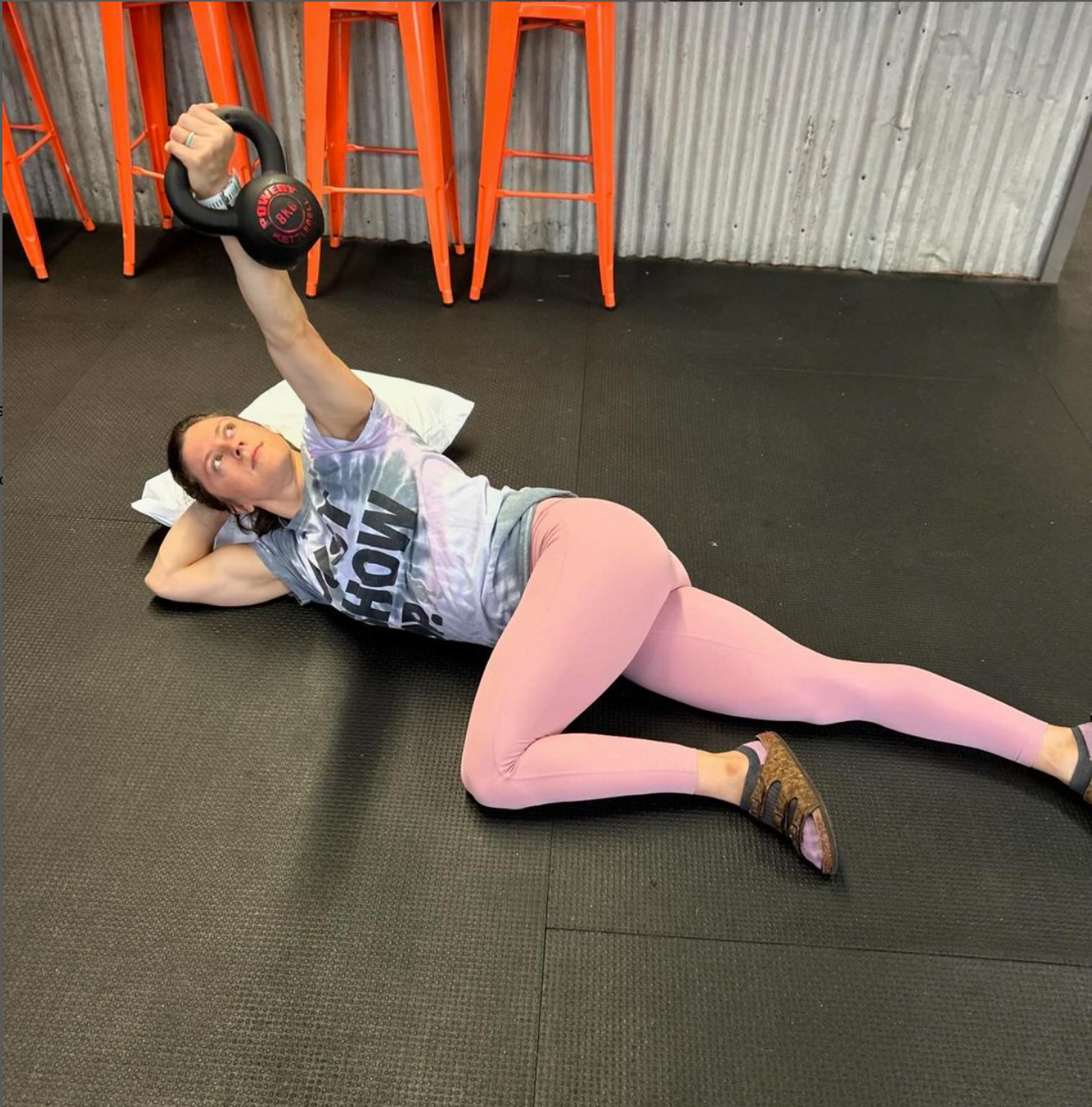How Can a Physical Therapist Help Me Run My First Half-Marathon Without Injuries?
Preparing for your first half-marathon is exciting, but also full of potential pitfalls. Beginner runners, especially those in Central Connecticut, often find themselves battling aches, pain, or worse—injuries that derail their progress.
That’s where physical therapy steps in. By addressing the unique needs of new runners, a licensed physical therapist helps build a strong foundation to train smarter, stay injury-free, and cross the finish line with confidence.
Why Beginner Runners Need Physical Therapy
Beginner runners often face muscle imbalances, poor form, and overuse injuries as they build mileage. Physical therapy helps address these issues early, laying a safe and strong foundation for long-term running success.
The Rise of Running Injuries Among Half-Marathon Newbies
Starting a running journey without a proper plan can quickly lead to overuse injuries. Studies show that up to 50% of runners experience injuries annually, with beginners at the highest risk. Common culprits? Poor biomechanics, lack of strength, and improper footwear.
Common Injury Risks—Knee, IT Band, Shin Splints
For new half-marathoners, injuries like runner’s knee, IT band syndrome, shin splints, and plantar fasciitis can appear within weeks of starting training. Physical therapists specialize in spotting early warning signs before they sideline your efforts.
What a Physical Therapist Does for Half-Marathon Prep
A physical therapist plays a vital role in preparing runners for a half-marathon by enhancing strength, correcting form, and preventing injuries. Their expert guidance ensures you train smarter, recover better, and reach race day feeling confident.
Comprehensive Gait Analysis: Detecting Biomechanical Issues
A professional gait analysis evaluates how your body moves while running. Therapists use slow-motion video and pressure-mapping technology to identify inefficiencies or imbalances that could lead to injury if ignored.
Strength & Conditioning Programs: Core, Glutes, Hips, Quads
Beginner runners often have weak links in their kinetic chain. Physical therapists prescribe tailored strength exercises to fortify essential muscle groups—especially hips and glutes, which play a crucial role in injury prevention and running economy.
Flexibility Tools: Foam Rolling, Myofascial Release, Stretching
Flexibility and mobility are often overlooked in beginner programs. A PT guides proper foam rolling and dynamic stretching techniques, helping muscles recover quicker and reducing tension before it turns into strain.
Training Tips Enhanced by Physical Therapy
Physical therapy offers personalized training strategies that help runners progress safely and effectively. From structured mileage plans to recovery insights, PT-backed tips can elevate your performance while minimizing injury risk.
Structured Progression: Safe Mileage Builds
Avoid the "too much, too soon" trap. Physical therapists help design a gradual, structured running plan based on your current fitness, experience, and injury history. This lowers your risk of overuse and burnout.
Cross-Training & Recovery Days
Including cycling, swimming, or elliptical workouts enhances aerobic capacity without stressing joints. PTs advocate for strategic recovery days and educate runners on the signs of overtraining.
To improve your overall athletic capability, consider our full-body athletic development approach, which supports a well-rounded and injury-resistant running base.
Preventing “Overuse” Through Load Monitoring
Physical therapists can teach runners how to use tools like heart rate monitors, training logs, and apps to track progress and avoid dangerous mileage spikes. Knowing when to push and when to rest is key to sustainable progress.
How to Choose the Right Physical Therapist in Central Connecticut
Choosing the right physical therapist in Central Connecticut is key to a safe and successful running journey. The right expert will understand your goals, assess your needs, and provide personalized, runner-focused care.
What to Look for: Credentials, Running Specialization, Equipment
Not all PTs are created equal. Look for a DPT (Doctor of Physical Therapy) with experience treating runners, access to running-specific equipment, and certifications in movement science or sports rehab.
Questions to Ask During Your Initial PT Visit
Ask about experience with distance runners, typical treatment plans, and how progress is measured. You should feel heard and understood as both a patient and a runner.
To get the most from your running journey, explore our physical therapy for runners program, which is specifically designed to support both novice and experienced athletes.
Location & Accessibility—Why It Matters Locally
Convenient access ensures consistency. Whether you're in West Hartford, Middletown, or Glastonbury, choose a provider close to home or work to help you stay on track.
Integrating PT Into Your Half-Marathon Plan
Incorporating physical therapy into your half-marathon training can enhance performance, prevent injuries, and support long-term progress. A PT-guided approach ensures each phase of your plan is aligned with your body’s needs.
Sample Weekly Schedule with PT Check-Ins
A smart plan might include weekly or biweekly PT sessions during the base phase, tapering to monthly check-ins as race day nears. Therapists adjust training based on feedback and recovery markers.
Tracking Progress: Strength, Flexibility, Pain Levels
Your PT monitors physical benchmarks and subjective feedback to tweak plans and avoid regressions. You'll also learn to self-assess and adjust accordingly.
When to Return for Tune-Ups or Tune-Downs
Even post-race, returning to PT for a movement screen or tune-up helps prevent setbacks. Pain or tightness post-race? A quick visit keeps issues from festering.
Take Action: First Steps for Injury-Free Half-Marathon Prep
Starting your half-marathon journey with injury prevention in mind sets the stage for long-term success. Taking proactive steps with physical therapy can help you train smarter and reach the finish line pain-free.
Scheduling Your Initial Gait & Movement Assessment
Don’t wait until pain shows up. An early evaluation identifies small problems before they escalate.
Getting Your Personalized Home Exercise Plan
Your PT will send you home with easy-to-follow routines to build strength, stability, and mobility where you need it most.
Staying Consistent: Logging Workouts and Recovery
Use a training journal to note how you feel before, during, and after workouts. Share it with your PT to inform adjustments.
Conclusion
Running your first half-marathon doesn’t have to come with injury. With support from a qualified physical therapist in Central Connecticut, you’ll train smarter, prevent setbacks, and finish strong.
Whether you’re just getting started or feeling something off mid-training, Rebound Performance PT is here to help you run farther, safer, and better.
Have questions or need assistance?
Contact us today — we're here to help!
FAQs About Physical Therapy and Half-Marathon Training
What should I expect during my first physical therapy session as a runner?
Your initial session typically includes a full evaluation: discussing your training goals, injury history, current fitness level, and a physical assessment of strength, flexibility, and running mechanics.
Can physical therapy help if I’m not currently injured?
Absolutely. Preventative physical therapy is ideal for identifying weaknesses or movement issues before they cause injuries, making it perfect for first-time half-marathoners.
How often should I see a physical therapist while training?
It depends on your needs. Most runners benefit from biweekly sessions early in training and then transition to monthly check-ins as they gain strength and confidence.
What’s the difference between a running coach and a physical therapist?
A coach focuses on pace, training structure, and race strategy. A physical therapist focuses on injury prevention, biomechanics, and muscle imbalances—often working together with a coach for comprehensive care.
Can PT help with mental preparation or race anxiety?
While not a substitute for mental health care, physical therapists can boost confidence by preparing your body to perform optimally—alleviating some anxiety tied to performance or fear of injury.
Is it too late to start physical therapy if I’m already halfway through my training?
Not at all. PT can help correct problems mid-plan and help you adjust your schedule to prevent worsening issues. It's never too late to improve your running mechanics.
Does Rebound Performance PT offer virtual sessions or home exercise support?
Yes. Many physical therapy clinics, including Rebound, provide telehealth appointments and personalized home exercise programs to help you stay consistent between visits.
What kind of equipment might I need at home for PT exercises?
Most home programs use minimal equipment like resistance bands, foam rollers, or stability balls. Your PT will tailor your plan to the tools you already have.
Ready to take the first step? Reach out to our team today and let’s map your path to the finish line.

